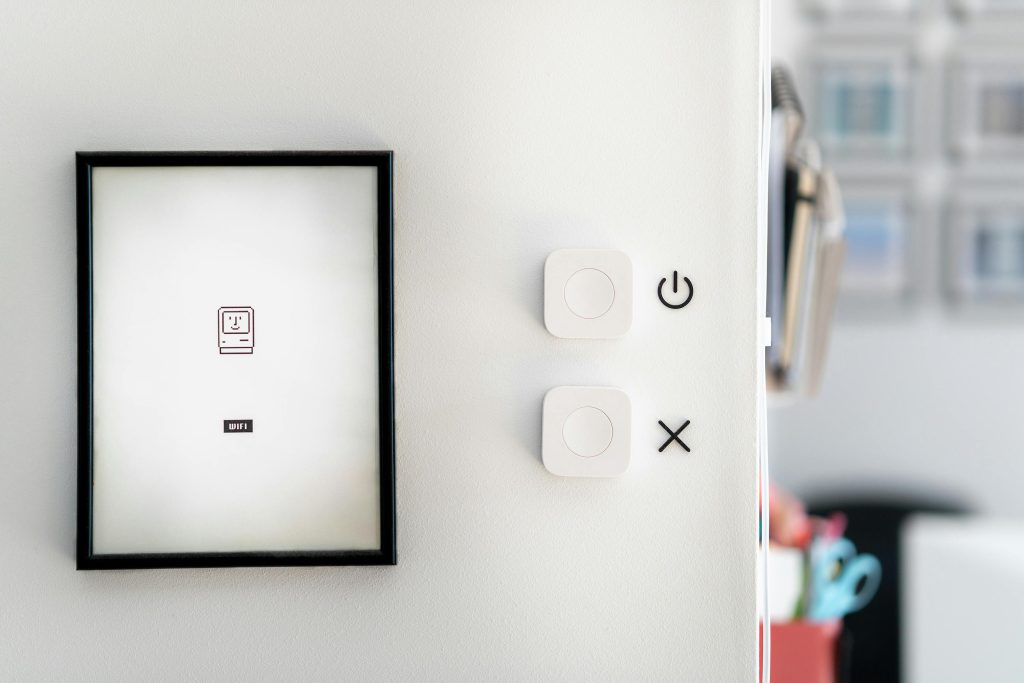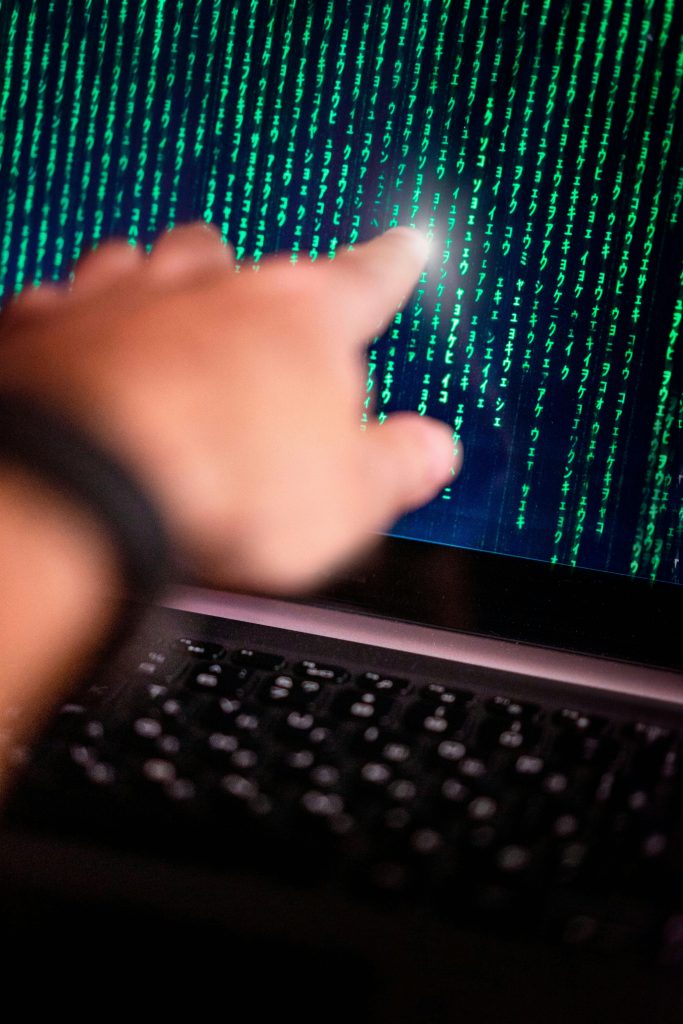Understanding and Troubleshooting Persistent BSODs on Your Dell XPS 8940
Experiencing Blue Screen of Death (BSOD) errors can be frustrating, especially when they occur consistently during system startup. If your Dell XPS 8940 is encountering frequent BSODs with the stop code “KERNEL_MODE_HEAP_CORRUPTION,” and a forced restart is needed to boot successfully, you’re not alone. This article aims to provide insights into potential causes and steps to resolve such issues.
Background
The issue began after attempting to install an additional 2.5″ internal hard drive. Despite removing this drive, the problem persisted. Each time the system encounters the BSOD, it displays the stop code “KERNEL_MODE_HEAP_CORRUPTION,” indicating a possible memory management or driver issue.
Observations and Troubleshooting Attempts
- Initial Assumption: Removing the extra drive seemed to resolve the BSODs, but the problem reoccurred the following day during routine activities like watching YouTube.
- Driver Reinstallation: Attempts to fix the problem included reinstalling Intel Rapid Storage Technology (RST) and chipset drivers, which did not yield success.
- Diagnostic Files: Minidump files have been collected and analyzed using Debugging Tools for Windows (WinDbg). However, the analysis shows inconsistent information, with various files appearing in different dumps, although ntoskrnl.exe consistently appears.
System Specifications
- Model: Dell XPS 8940
- RAM: 32GB
- GPU: NVIDIA RTX 3060 Ti
- Storage: 500GB SSD and 1TB HDD
Potential Causes
Based on the analysis and symptoms, the probable causes include:
- Memory Issues: Faulty RAM modules or memory management conflicts.
- Storage Controller Problems: Issues related to the HDD or SSD interface, possibly affecting system stability.
- Driver Conflicts: Outdated or incompatible drivers, particularly related to storage or chipset components.
- System Corruption: Corrupted system files or registry issues.
Recommended Troubleshooting Steps
-
Run Memory Diagnostics:
-
Use Windows Memory Diagnostic Tool or MemTest86 to scan for RAM errors.
-
Replace or reseat RAM modules if errors are detected.
-
Check Storage Devices:
-
Run CHKDSK on both SSD and HDD to detect and repair disk errors.
-
Test storage devices using manufacturer diagnostic tools.
-
Update Drivers and BIOS:
-
Ensure all system drivers are up to date, focusing on storage controllers and chipset
Share this content:



